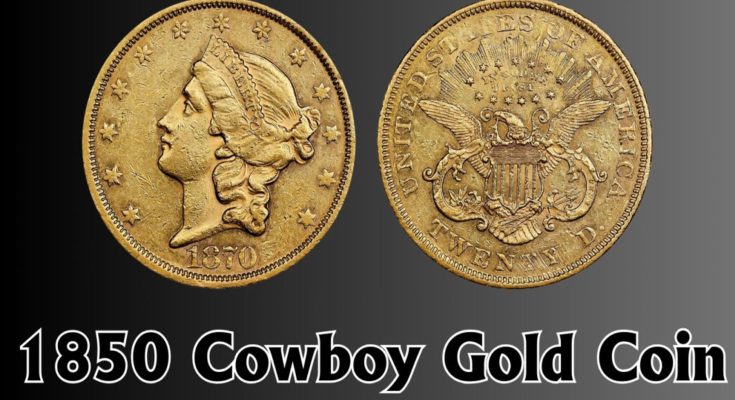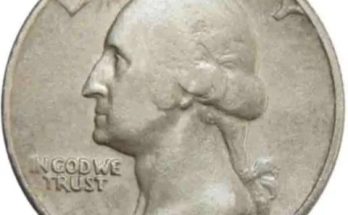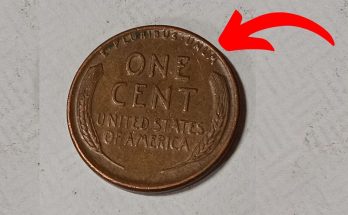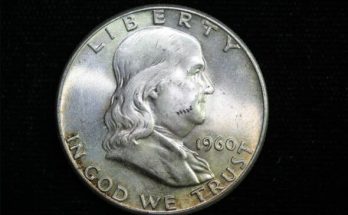The 1850 Cowboy Gold Coin, often referred to as the “California Gold Rush Coin,” is a fascinating piece of numismatic history that reflects the spirit of adventure and opportunity during one of America’s most transformative periods.
This article explores the origins, design, significance, and current value of this remarkable coin, making it a must-read for collectors and history enthusiasts alike.
1. Historical Context
The mid-19th century was a pivotal time in American history, marked by the California Gold Rush, which began in 1848.
The discovery of gold at Sutter’s Mill attracted hundreds of thousands of prospectors, known as “forty-niners,” who flocked to California in search of fortune.
This influx of people led to rapid economic growth and the establishment of new towns and communities.
- Impact on Coinage: The demand for gold coins surged as miners and settlers needed currency to conduct transactions. This period saw the establishment of several private mints, which produced gold coins to meet the needs of the growing population.
2. Minting the Cowboy Gold Coin
The 1850 Cowboy Gold Coin was minted by the California Gold Rush private mints, specifically the California Star Mint and the Humboldt Mint.
These mints operated outside of the U.S. Mint’s jurisdiction and produced coins that were often used locally.
-
Minting Details:
-
Year: 1850
-
Metal Composition: Primarily gold, with variations in purity depending on the mint.
-
Denomination: The coin was typically struck as a $5 or $10 piece.
-
3. Design Features
The design of the 1850 Cowboy Gold Coin is emblematic of the rugged individualism and adventurous spirit of the era:
-
Obverse Design: The obverse features a depiction of a cowboy or miner, often shown with a pickaxe or shovel, symbolizing the hard work and determination of those who sought their fortunes in the gold fields.
-
Reverse Design: The reverse typically displays a simple design, often featuring the denomination and a wreath or other decorative elements.
4. Rarity and Value
The 1850 Cowboy Gold Coin is considered rare, especially in high grades. Several factors contribute to its value:
-
Condition: Coins in uncirculated condition can command prices ranging from $5,000 to $15,000 or more, depending on the specific mint and design.
-
Rarity: The limited number of coins produced by private mints contributes to their desirability among collectors.
-
Historical Significance: The coin’s connection to the California Gold Rush adds to its appeal, as it represents a transformative period in American history.
5. Collecting the Cowboy Gold Coin
For collectors interested in acquiring the 1850 Cowboy Gold Coin, here are some tips:
-
Research: Familiarize yourself with the different varieties and designs associated with the Cowboy Gold Coin. Understanding the nuances can help you make informed purchasing decisions.
-
Attend Coin Shows: Coin shows are excellent venues for finding rare coins and connecting with other collectors and dealers.
-
Join Collecting Communities: Online forums and local coin clubs can provide valuable resources for sharing knowledge and finding potential trade opportunities.
6. Preservation and Care
Proper care is essential for maintaining the condition of your Cowboy Gold Coin. Here are some best practices:
-
Storage: Store coins in a cool, dry place away from direct sunlight. Use coin holders or albums to prevent scratches and tarnishing.
-
Cleaning: Avoid cleaning coins, as this can decrease their value. If necessary, consult a professional conservator for advice on preservation techniques.
1850 Cowboy Gold Coin
The 1850 Cowboy Gold Coin is more than just a piece of currency; it is a symbol of the American spirit of exploration and opportunity.
Its unique design and historical significance make it a cherished item among collectors. Whether you are a seasoned numismatist or a newcomer to the hobby, the Cowboy Gold Coin offers an exciting glimpse into America’s past and the evolution of its coinage.
As you explore this fascinating coin, you may uncover not only its monetary value but also the stories and history it represents. Happy collecting!



